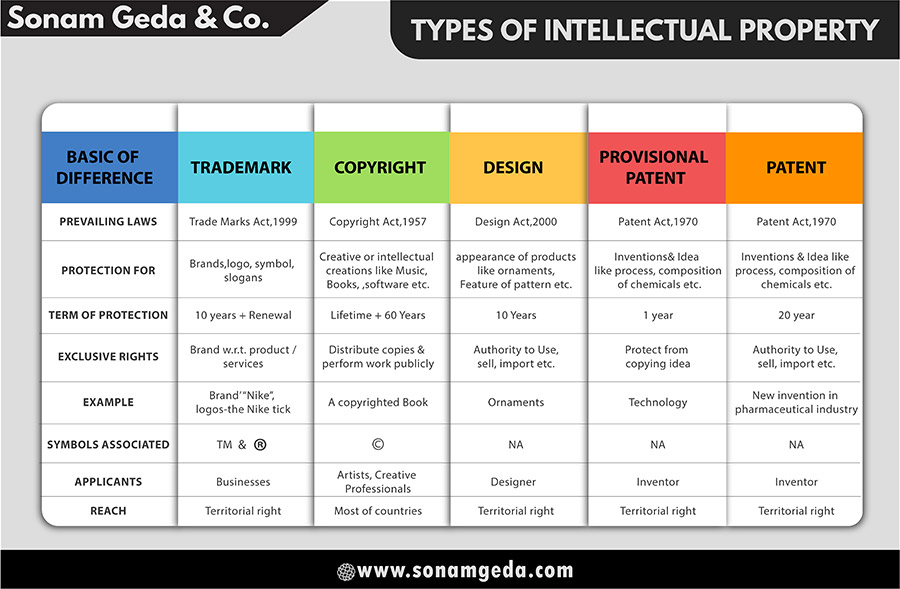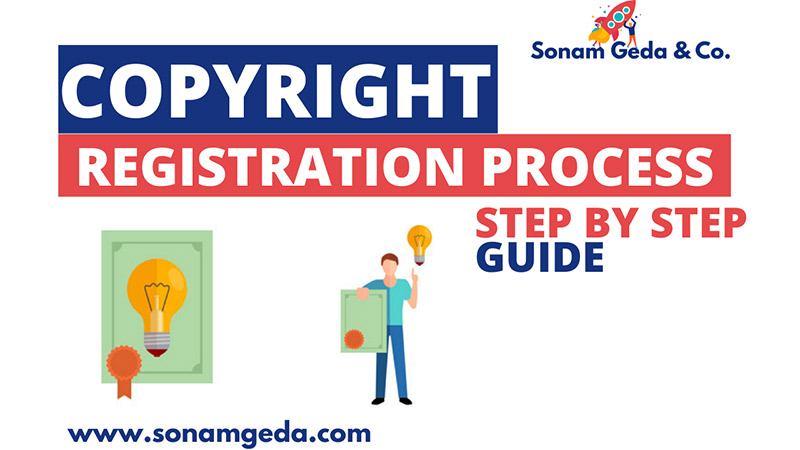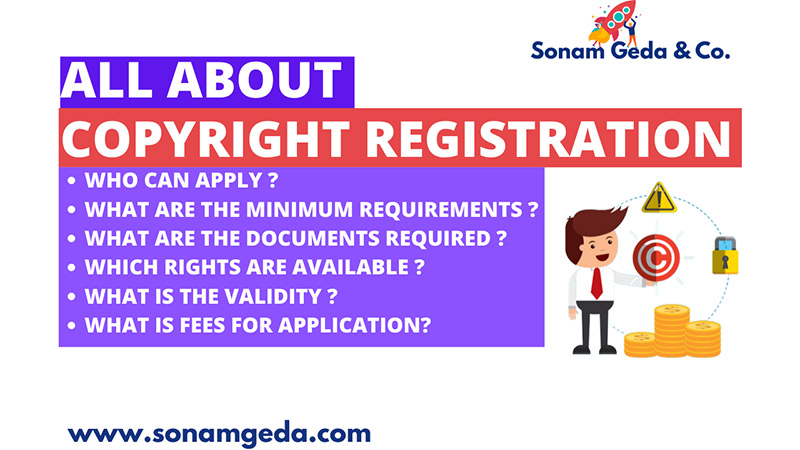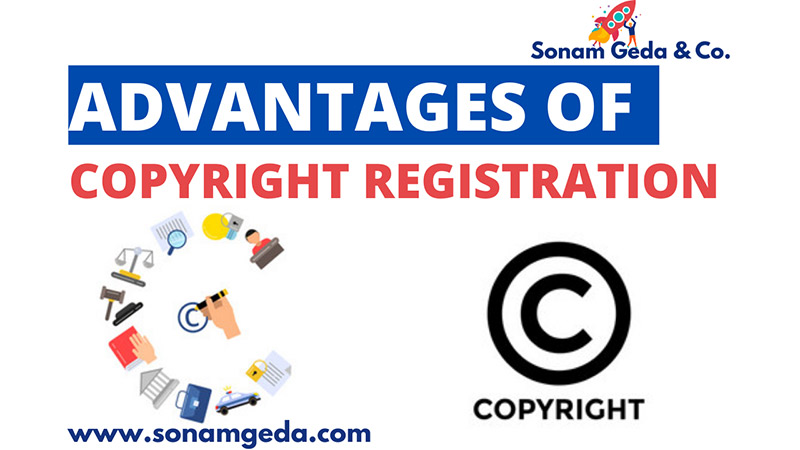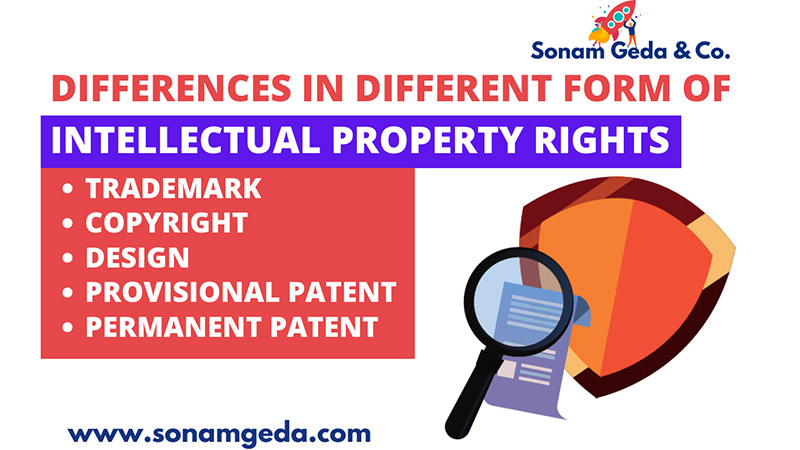Copyright Registration
Overview of Copyright Registration
Copyright is an exclusive right granted under Copyright Act, 1957 and rules framed thereunder to the creator of the creative or intellectual work to reproduce, perform, adapt, translate or communicate his work to public and exclude others from doing so. Copyright is an intellectual property which can be licensed or assigned by the owner of copyright.
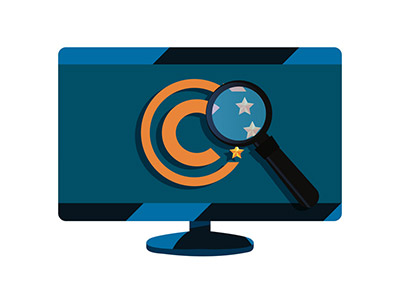
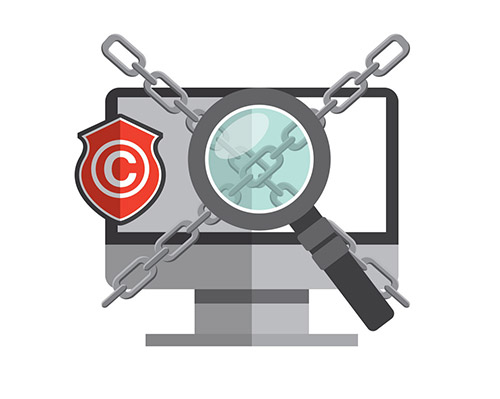
Copyright Protection
The application for registration of copyright can be filed for any of the following works:
- Musical works.
- Architectural works.
- Literary works
- Sound Recordings.
- Cinematographic, theatrical and choreographic works.
- Photographic, painting and sculptural works.
- Dramatic works.
- Computer software works.
- Motion pictures and other audiovisual works.
Who can apply for Copyright Registration?
An application for copyright registration can be filed by the author/creator of the original work or by the authorized agent of the author/creator or by someone who has obtained ownership rights of work from the author.

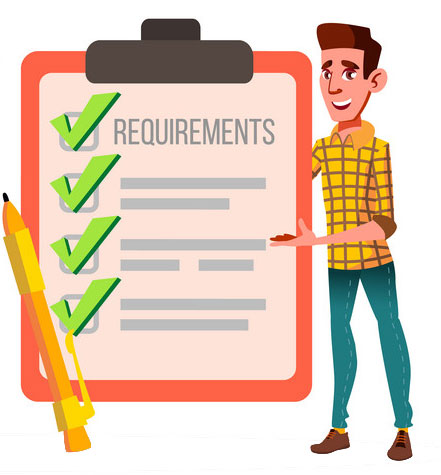
Minimum Requirements
Following requirements should be fulfilled to get copyright of any work:
- The Work should be original.
- The work must be written or recorded.
- If the work is adopted from the author then specific agreement of adaptation is required.
Documents Required for Copyright Registration
Following set of documents are required to register a copyright:
- ID proof of the owner and Incorporation certificate if it is for business
- Power of Attorney.
- Three Copies of the work to be protected.
- No objection certificate from the author of the original work.
- Classification and description of the work
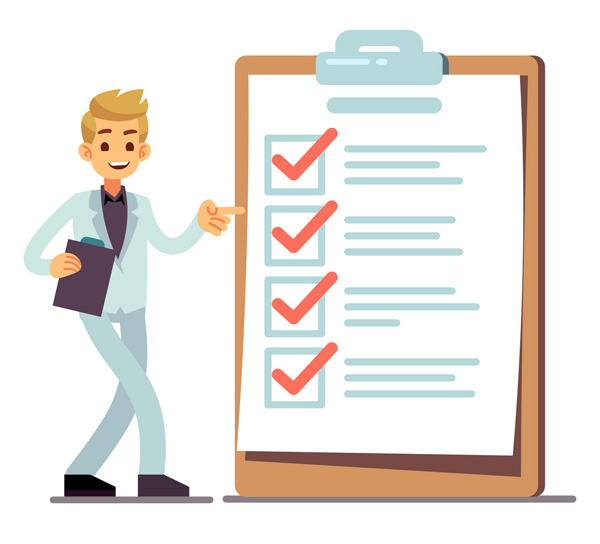
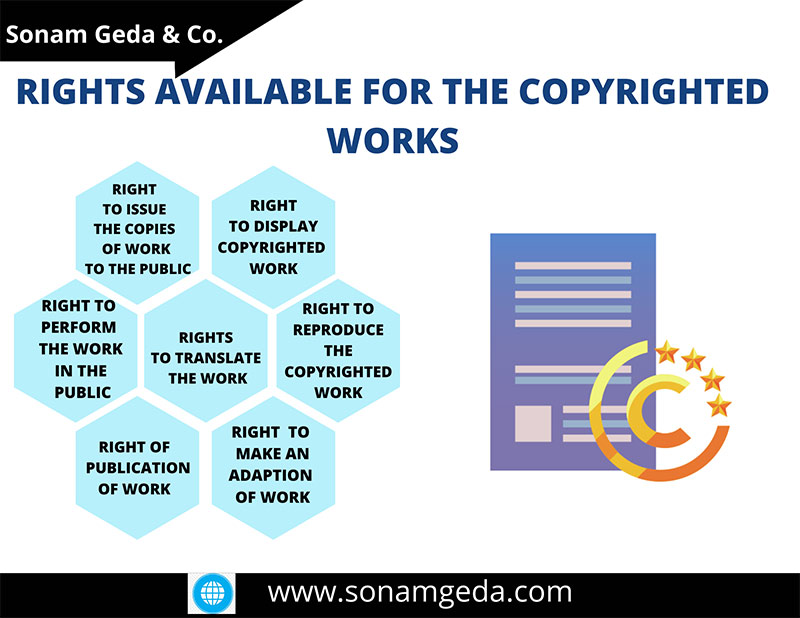

Rights available for the Copyright Work
- Right to issue the copies of work to the public
- Right to display the copyrighted work
- Right to reproduce the copyrighted work
- Right to perform the work in the public
- Rights to translate the work
- Right of publication of work
- Right to make an adaption of the work
Period of Validity of Copyright
The copyright once registered is valid for lifetime of the owner and 60 years after the death of the owner. During this period the owner of copyright have exclusive rights over the work copyrighted and can prevent others from damaging his/its rights.
| For original literary, dramatic, musical, artistic work (other than photographs) | 60 years counted after the death of the creator |
| For cinematography, sound recording, photographs, publication, computer programs, works of government and works of international organizations | 60 years counted from the date of publication |
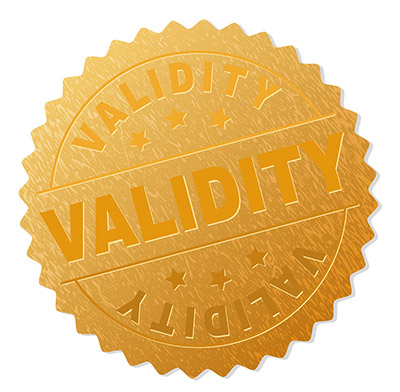
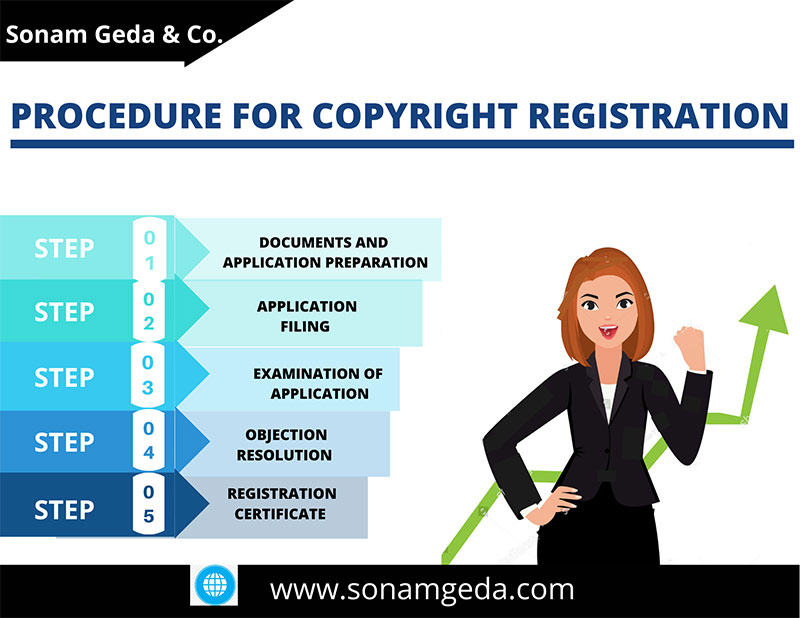
Procedure for Copyright Registration
Both kind of published and unpublished work can be copyrighted. In the case of published work, three copies of the published work are required to be presented along with the application. In case of unpublished work, two copies of the manuscript are required to be sent along with the application where one copy for affixing the stamp of the Copyright Office in proof of the work having been registered and other copy is kept with copyright office as confidential. Applicant is also having option to send only the extracts of the manuscript instead of the whole unpublished copy.
The process of copyright registration is completed in several steps mentioned below:
STEP 1: Documents and Application preparation: There are various documents required to be filed for the application of copyright registration, so the first step of registration is to prepare documents. These documents include copies of work, no objection certificate of author, power of attorney, particulars of work and details of the applicant.
While preparing application following information should be included:
• Name, address and nationality of applicant.
• Interest of applicant in the copyright of work.
• Class of work and title of work should be mentioned.
• Status of the work, whether published or unpublished.
STEP 2: Application Filing: The application for copyright registration is to be filed along with all required documents with Registrar of Copyright. The prescribed filing fees should be paid with the application.
STEP 3: Examination of Application: After successful submission of the application the copyright examiner will examine it. The application will be held in waiting for the period of 30 days from the date of filing.
STEP 4: Objection Resolution: During examination if examiner found any reason to object then it raise objection and ask for clarification/resolution of objection. They provide period of 30 days to reply to the copyright objection.
STEP 5: Registration Certificate: Once the objection is removed or there is no objection with the application the Registrar will register the copyright and issue the registration certificate.
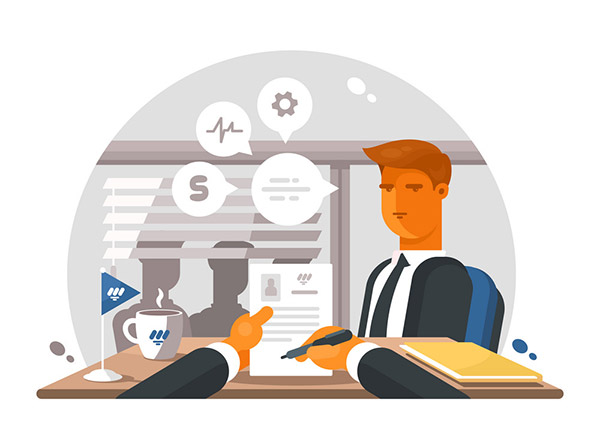
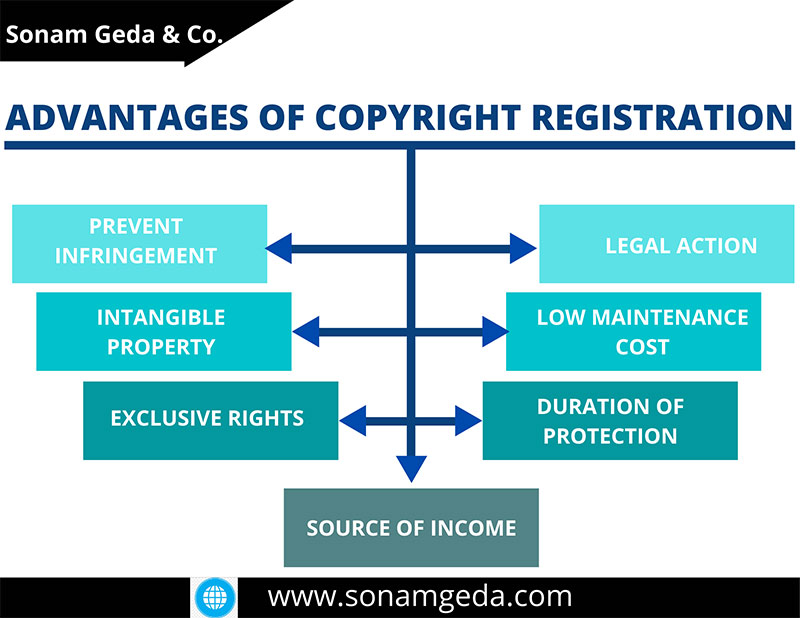

Advantages of Copyright Registration
- Prevent Infringement - The owner of copyright has right to protect his original work from being copied by others without his permission.
- Intangible Property - Copyright is an intangible property of the owner which can be assigned or licensed to others.
- Exclusive Rights - The owner of copyright has exclusive rights to reproduce, use, publish publically, perform, adopt or translate his work.
- Source of Income - Copyright can be assigned or licensed by the owner/proprietor, which serves as the source of income for him.
- Duration of Protection - Copyright registration is permanent in nature and is valid for life time of the author plus 60 years after death of author afterwards it will be open to general public to imitate or reproduce the content freely.
- Legal action - Copyright protection helps the author of the copyright to take legal action or file suit against infringers in a court and to serve as prima-facie evidence in the court of law.
Fees for Application of Copyright
The fees for the application of copyright is payable to the Registrar of Copyright. Different fees are prescribed under the act for different types of application therefore the amount of fees depends upon the type of work for which application is filed.

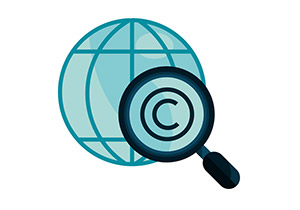
Copyright of Website
A website contains many elements such as literary work, the source code and object code, pictures, artistic work etc. which all cannot be copyrighted in one application, as it will be required to file separate application for each kind of work .
Videos on Copyright Registration
To view video, click on image
Other Related Videos
To view video, click on image
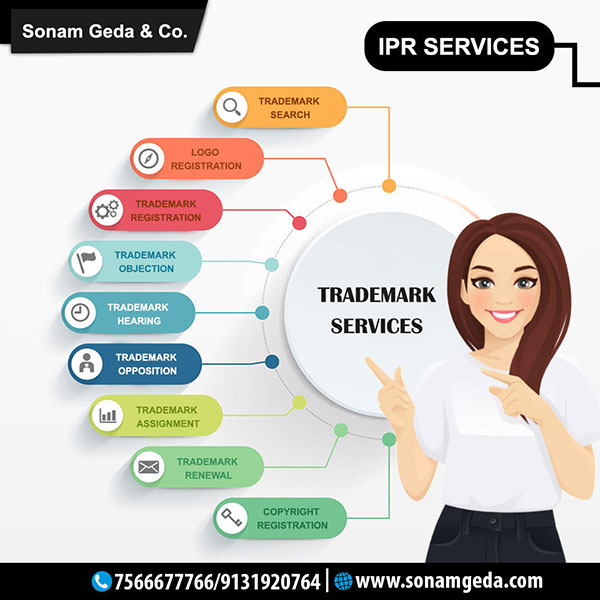
Subscribe Our Newsletter
Get useful latest news & other important update on your email.






